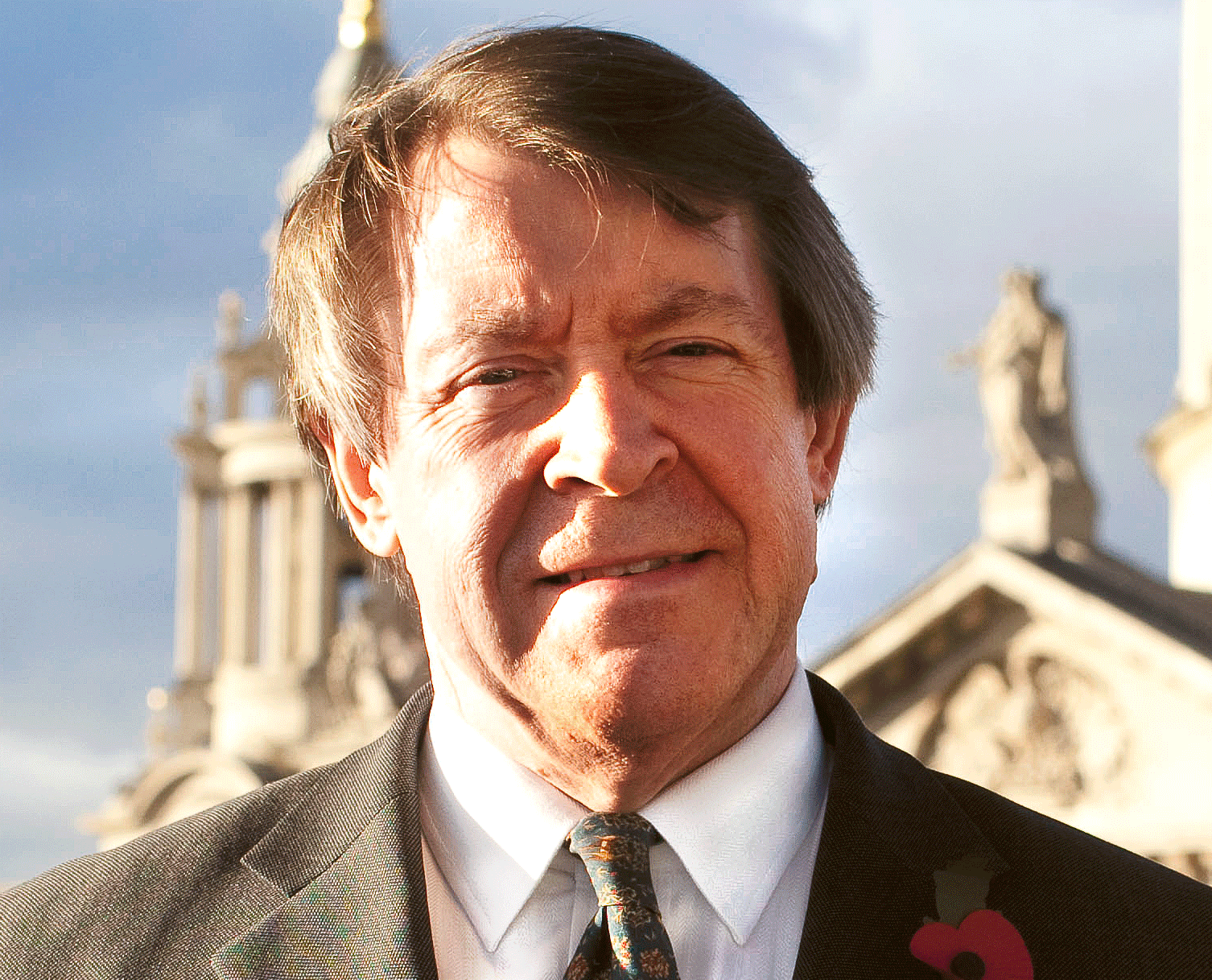
Although a great deal of Islamic finance business is already done in Dubai and across the UAE, the industry is still in its infancy and needs to look at partners in other financial centres to help it develop as a global capital of the Islamic economy.
The Economist pointed out in January about Malaysia being the world’s most important Islamic finance centre: “Just over a fifth of the country’s banking system, by assets, is Sharia-compliant. The country issued the world’s first sovereign sukuk in 2002 and in the first three quarters of 2012 it was responsible for almost three-quarters of total global issuance.
“Malaysia is also home to the Islamic Financial Services Board, an international standard-setting body. These are big achievements for a relatively small country of just 30 million people, of whom only about 60 per cent are Muslim.”
In neighbouring Indonesia, Islamic banking assets increased 36 per cent in November compared to 2011, according to a Bloomberg report. Paradoxically, in this country with the largest Muslim population in the world only 4.3 per cent of the financial sector is Sharia-compliant.
In another report, it says Indonesia is doing its best to catch up with Malaysia. “It is speeding up government approvals and fixing a fragmented regulatory system as part of an effort to reach more unbanked Muslims, and increase the portion of Islamic assets in the banking system to 15 per cent by 2017.”
New ties
Malaysia and Indonesia are obvious world leaders, and they are already working closely with Islamic institutions in the UAE. But the Lord Mayor of London is set to prove that lessons can be learnt from London too. Doubling up as an ambassador for the UK’s financial services sector, Roger Gifford has been spending a lot of time travelling to the UAE for regular meetings in Dubai and Abu Dhabi.
World leader
Gifford’s agenda is to stress the growing importance of Islamic financial services in both the UK and the Gulf, and how both regions should cooperate to help the fledgling industry.
With $19 billion (Dh69.76 billion) of reported assets, the UK is Europe’s largest and the world’s ninth-largest Islamic finance centre. The country has 22 banks offering Islamic products, five of which are fully Sharia-compliant — the largest number in any Western country. London’s banks have issued 37 sukuk, raising $20 billion, and all are currently listed on the London Stock Exchange.
Besides banks, 25 law firms in London specialise in Islamic finance, and several professional services firms have dedicated Sharia-compliance departments. Despite all this, Islamic finance represents less than 1 per cent of its entire market, indicating great growth prospects.
Gifford’s view is that Dubai will need to match at least what London currently offers to make a great global start.








